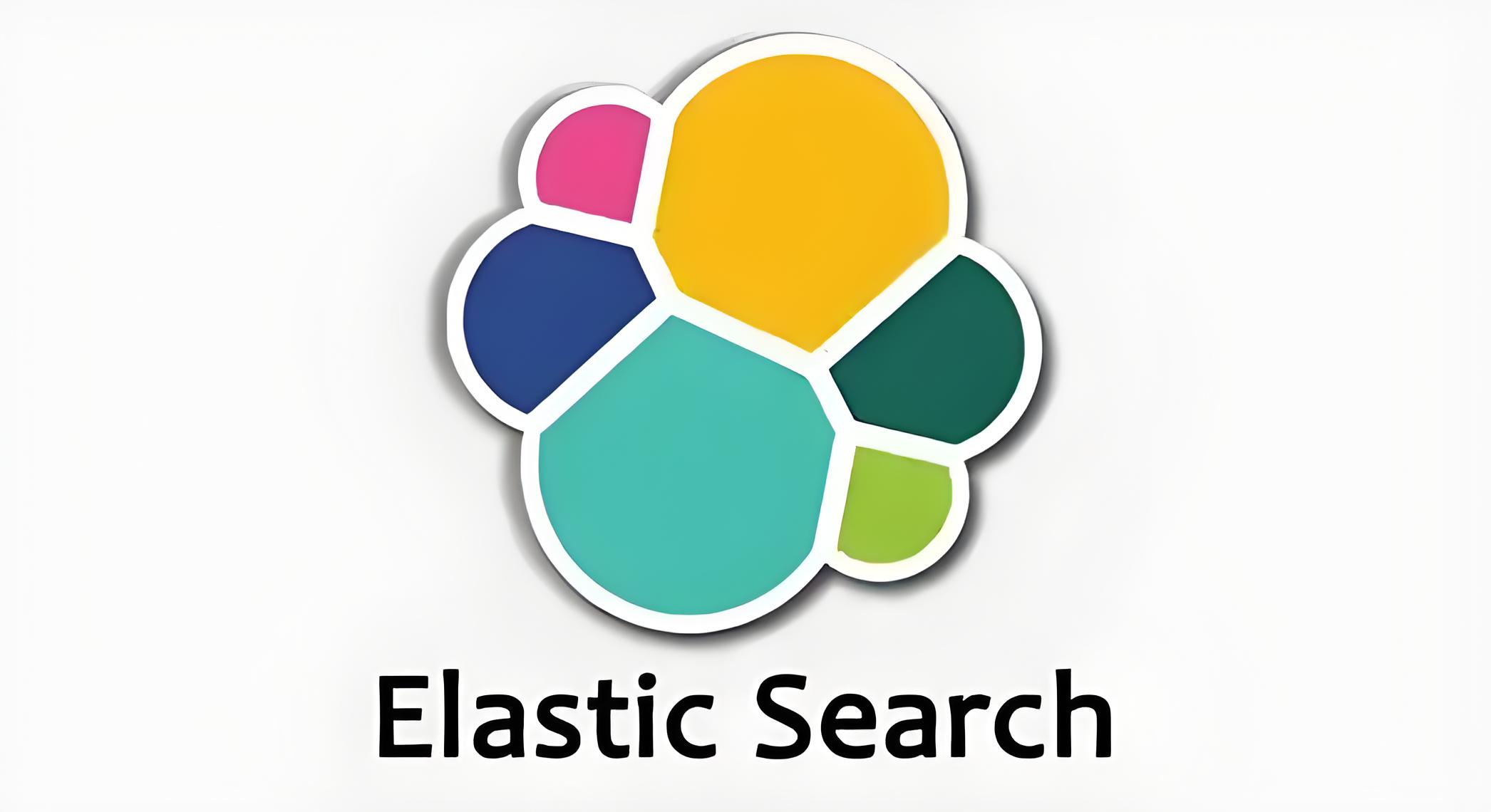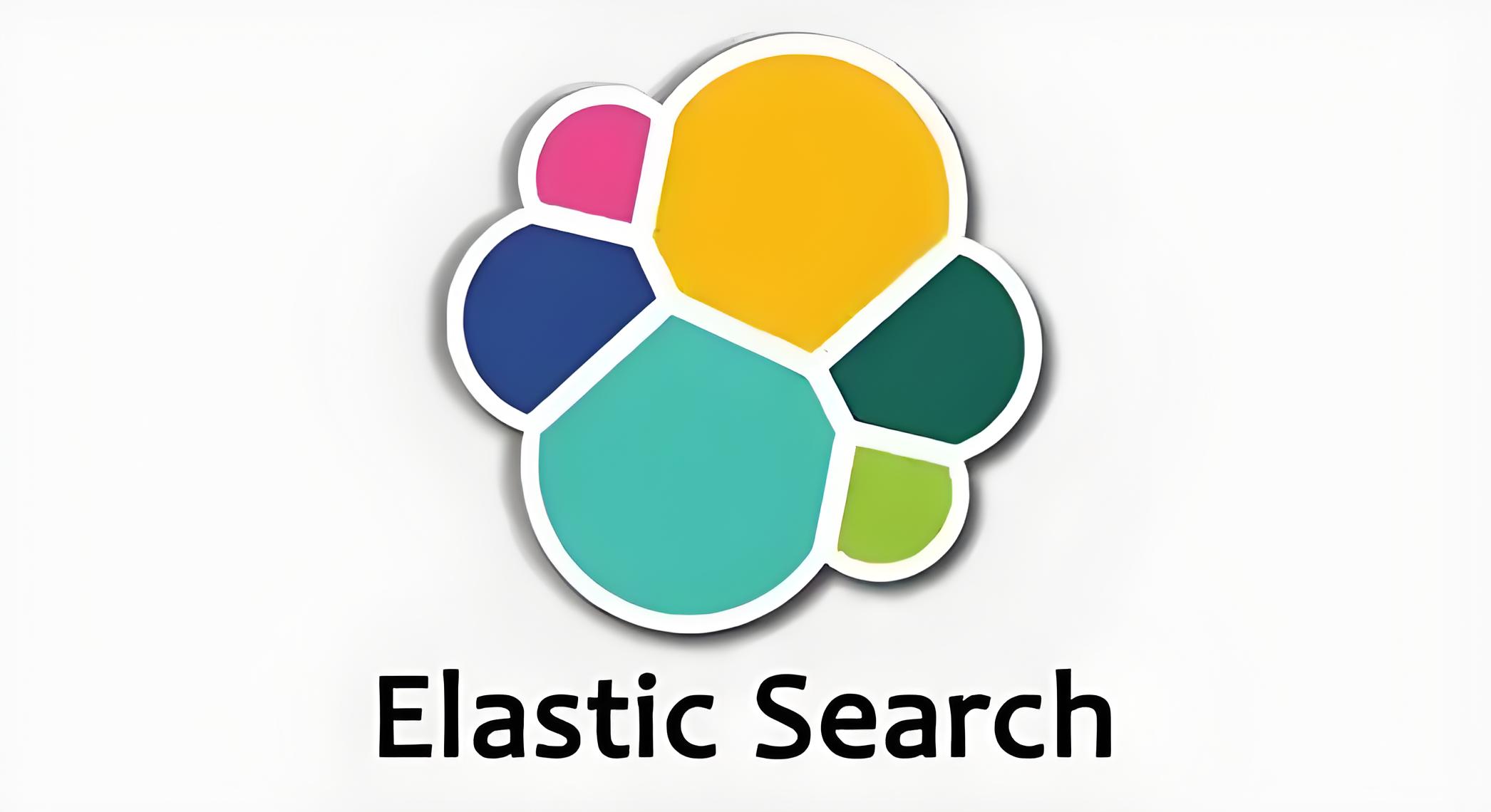如何刮
admin 阅读:233 2024-08-16
抓取 或网络抓取 是一种用于以自动方式从网站提取数据的技术。它包括使用程序或脚本导航网页、提取特定信息(例如文本、图像、产品价格等)并保存。
在这篇文章中,我将教我用来做抓取的过程以及做这件事时要记住的要点。
就我而言,我将在 pccomponentes 中执行scraping 来收集有关笔记本电脑的信息。这些数据将用于创建一个数据集,作为机器学习模型的基础,旨在根据指定的组件预测笔记本电脑的价格。
首先,需要确定脚本应该访问哪个 url 来执行抓取:




anchor类型的标签(),其中包含有关我们在搜索结果中看到的产品的大量信息。
如果我们查看以下区域,我们将看到几乎所有的产品数据:
抓取结果,因为我们不会得到任何东西。
因此,我们必须使用selenium来模拟浏览器并能够与其交互。我们首先执行以下操作:from selenium import webdriver
from selenium.webdriver.firefox.options import options
from selenium.webdriver.support.ui import webdriverwait
from selenium.webdriver.support import expected_conditions as ec
from selenium.webdriver.common.by import by
options = options()
options.headless = true
#abrimos el navegador
driver = webdriver.firefox(options=options)
time.sleep(5)
#vamos a la página indicada pccomponentes.com/laptops
driver.get(url+str(i))
#esperamos 30 segundos hasta que aparezca el botón de cookies y al aparecer hace clic
accept_cookies = webdriverwait(driver, 30).until(
ec.presence_of_element_located((by.id, 'cookiesacceptall'))
)
accept_cookies.click()
#descargamos el html
html = driver.page_source
完成后,在 html 变量中我们将获取页面的 html 代码来scrape.
然而,我们遇到了另一个问题。当使用 selenium 打开浏览器并发出 2 或 3 个请求时,cloudflare 会限制请求并且不允许我们发出更多请求。因此,我们只能抓取大约 3 个页面,这将是大约 20 台不同的计算机。不足以制作数据集。
我想到的一个解决方案是在本地下载页面并在本地使用 html。完成抓取后,我们可以打开另一个浏览器(等待合理的时间)并下载以下浏览器。
所以我将上面的代码添加到一个函数中,并将其包装在for 中,如下所示:
#función que se conecta a pccomponentes y guarda el html en local
def guarda_datos_html(i=0):
try:
options = options()
options.headless = true
#abrimos el navegador
driver = webdriver.firefox(options=options)
time.sleep(5)
#vamos a la página indicada pccomponentes.com/laptops
driver.get(url+str(i))
#esperamos 30 segundos hasta que aparezca el botón de cookies y al aparecer hace clic
accept_cookies = webdriverwait(driver, 30).until(
ec.presence_of_element_located((by.id, 'cookiesacceptall'))
)
accept_cookies.click()
#descargamos el html
html = driver.page_source
#lo guardamos en local
with open(f'html/laptops_{i}.html','w',encoding="utf-8") as document:
document.write(html)
driver.close()
except:
print(f'error en página: {i}')
for i in range(0,58):
guarda_datos_html(i)
time.sleep(30)
现在我们可以恢复 html 并使用它们。为此,我安装了beautifulsoup,这是一个在scraping中经常使用的包。
由于之前的功能,我们将开发从我们下载的 html 中收集信息的功能。函数看起来像这样:# Función que abre el HTML guardado con anterioridad y filtra los datos
# para guardarlos en un CSV ordenados
def get_datos_html(i=0):
try:
with open(f'laptop_data_actual.csv','a') as ldata:
field = ['Company','Inches','Cpu','Ram','Gpu','OpSys','SSD','Price']
writer = csv.DictWriter(ldata, fieldnames=field)
with open(f'html/laptops_{i}.html','r',encoding="utf-8") as document:
html = BeautifulSoup(document.read(), 'html.parser')
products = html.find_all('a')
for element in products:
pc = element.get('data-product-name')
if pc:
pc = pc.lower()
marca = element.get('data-product-brand')
price = element.get('data-product-price')
pc_data = pc.split('/')
cpu = pc_data[0].split(' ')
cpu = buscar_cpu(cpu)
gpu = buscar_gpu(pc_data)
inches = '.'.join([s for s in re.findall(r'bd+b', pc_data[-1])])
OpSys = bucar_opsys(pc_data, marca)
row = {
'Company': marca,
'Inches': inches,
'Cpu': cpu,
'Ram': pc_data[1],
'Gpu': gpu,
'OpSys': OpSys,
'SSD': pc_data[2],
'Price': price
}
writer.writerow(row)
except:
print(f'Error en página: {i}')
基本上,我们打开 csv 文件,在其中保存信息,然后告诉 csv 我们希望它具有哪些字段,然后读取并使用 html。正如您所看到的,我必须执行一些额外的函数才能从我们想要保存在 csv 中的每个字段中提取必要的信息。我在这里给你留下了完整的脚本,以防你想尝试一下!pc组件刮板声明
1、部分文章来源于网络,仅作为参考。 2、如果网站中图片和文字侵犯了您的版权,请联系1943759704@qq.com处理!



